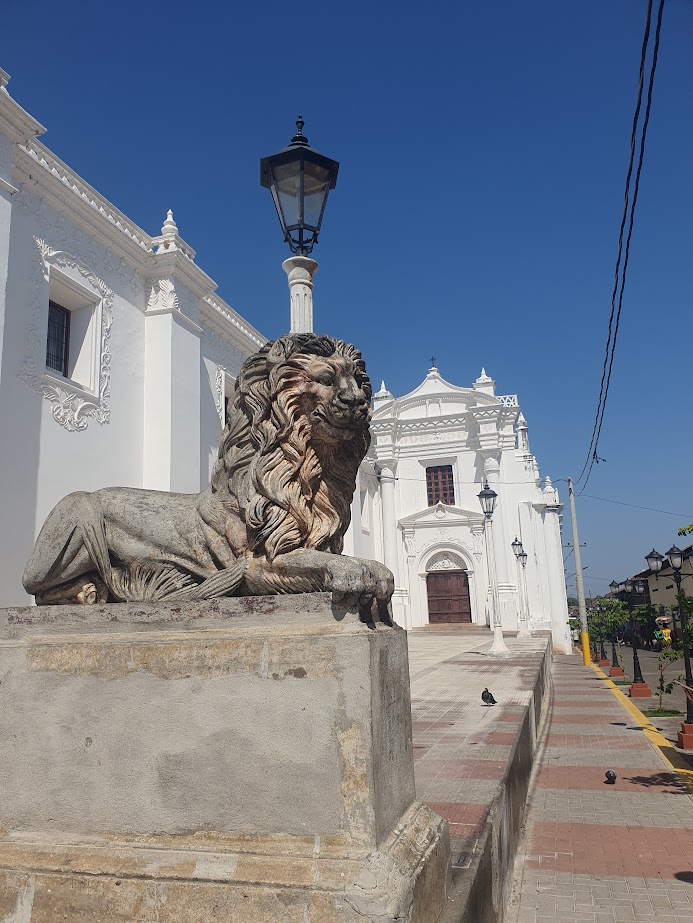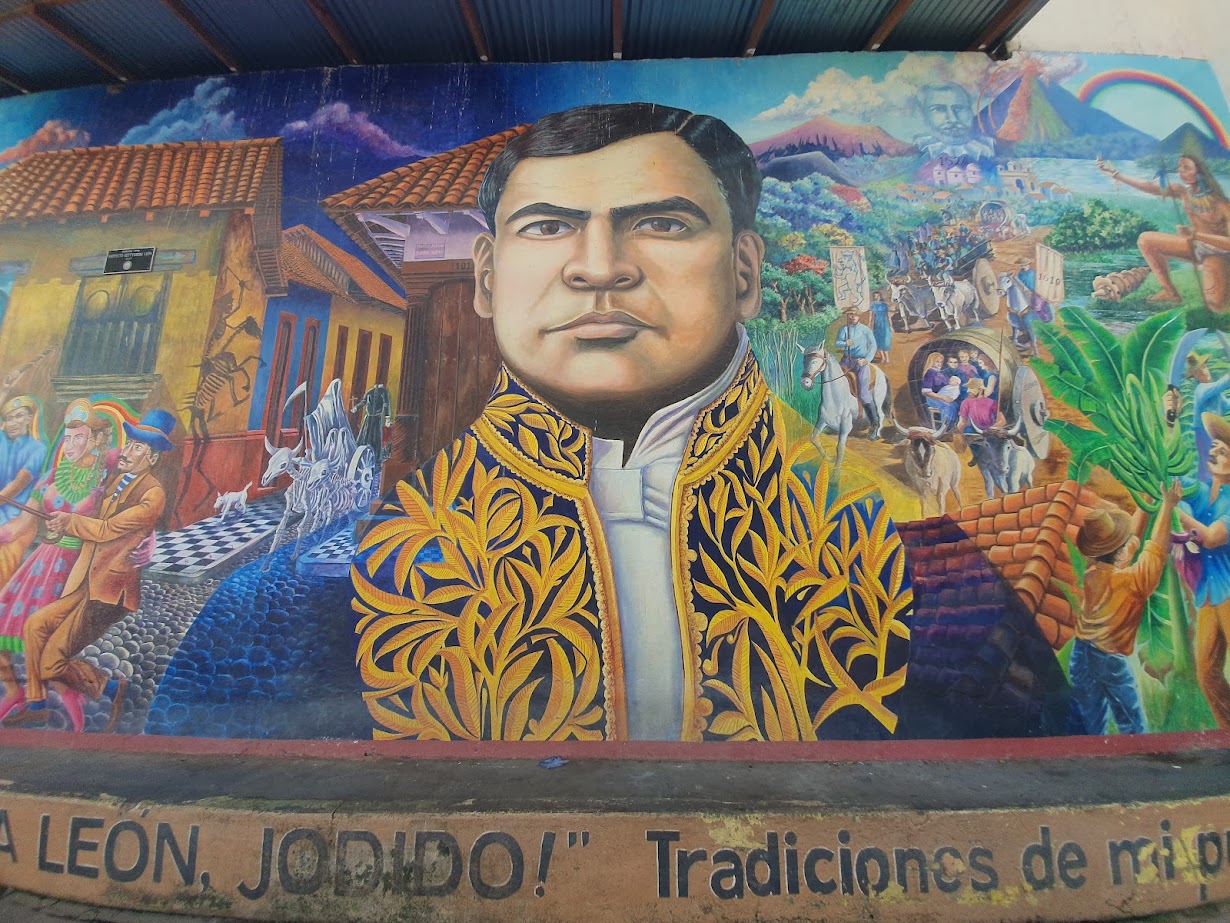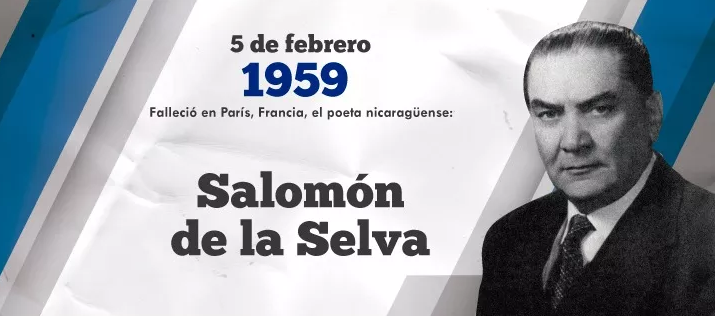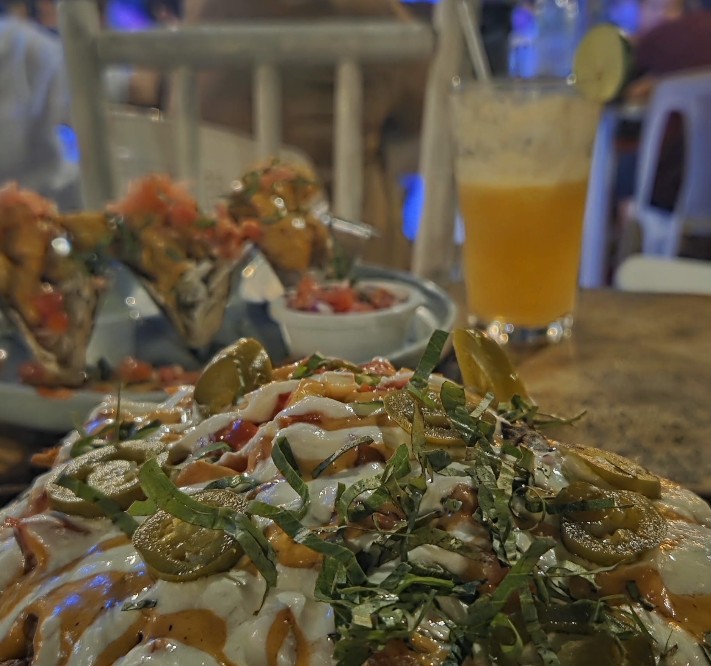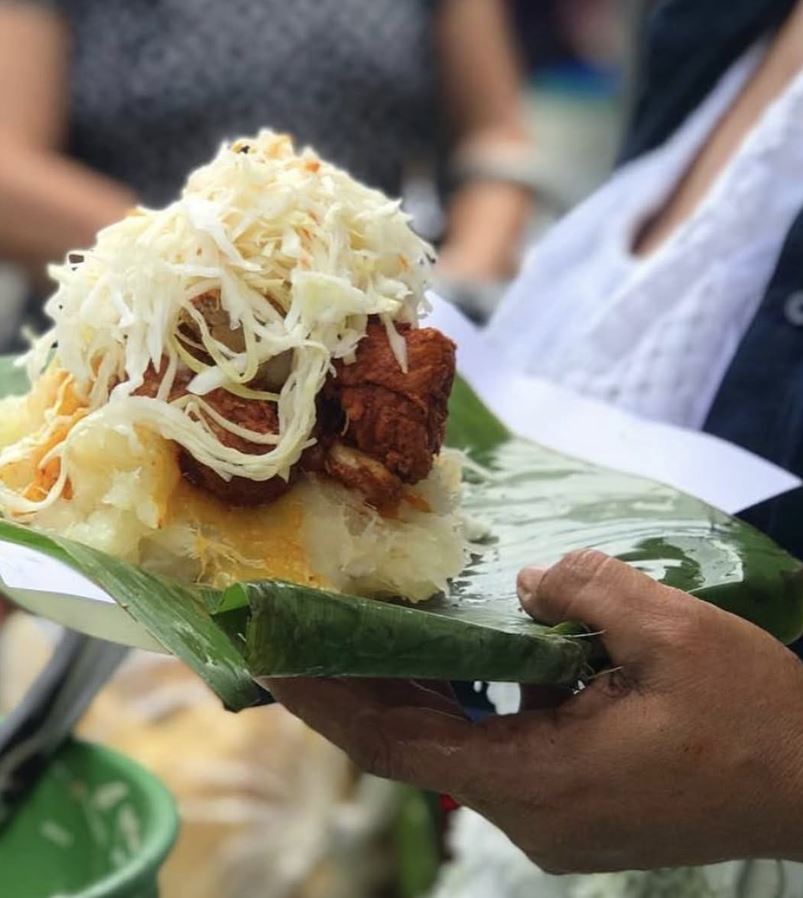The city with the most writers in the world?
León, Nicaragua is quietly earning a bold reputation: it may be the city with the most local writers in Central America ,and possibly even the world. While most visitors come for its colonial architecture, volcanoes, or vibrant political murals, those who stay long enough quickly discover one of its most powerful treasures , an intense and enduring literary culture.León, Nicaragua literary culture is one of the country’s most unexpected treasures. While the city draws visitors for its volcanoes and cathedrals, few realize it may be the most literary city in Central America ,perhaps even the world.
“The blank page: a writer’s nightmare and miracle.”
That’s what Noel Ulloa, a local writer from León, Nicaragua, told us once. It’s the moment of pure vulnerability and infinite possibility , the challenge all writers, from any time or place, eventually face. And in León, they keep showing up to face it.
You might know León as a colonial gem of Central America, home to crumbling cathedrals, volcanic sunsets, and vivid murals. But walk deeper into the cafes, the dusty libraries, the quiet porches and you’ll find another layer: León is a city where writing is almost a spiritual practice, passed from generation to generation.
From Rubén Darío to the Neighborhood Poet
Nicaragua gave the world Rubén Darío, father of Modernismo and one of the most influential poets in the Spanish language. His words shaped Latin American literature and he started right here, in León.
But what surprises many travelers is that the literary legacy didn’t die with Darío. It grew. Despite being a country with low literacy rates and deep economic struggles, Nicaragua continues to produce world-class poets, novelists, and thinkers. León, in particular, breathes literature from its cobblestone streets.
One of its most under-the-radar voices today is Noel Ulloa, who recently wrote a deeply researched article (which we’ve translated into English for the first time) on Salomón de la Selva, another major Nicaraguan poet. In his essay, Noel explores how true poetry isn’t born from divine madness or spontaneous inspiration, but from discipline, study, and humanist thought. Like Salomón, Noel doesn’t write for fame he writes for the same reason all real writers do: because he has to.
Here’s a brief excerpt from Noel’s article
Salomón de la Selva: Poetic Creation and Humanist Culture
If we think of poetry as a matter of talent or technique, we often fall into the romantic myth of divine inspiration, as if genius were a lightning strike rather than a long, deliberate effort. But that’s not how Salomón saw it. In a letter he wrote at 62 years old, after winning El Salvador’s National Culture Prize in 1955, he dismantled the myth of ancient poets as drunk visionaries touched by the gods.
“No one should believe that the tragic or comic poets spent their nights toasting the muses over jugs of wine,” he wrote. “They were sober and diligent.”
For Salomón, like Horace or Virgil, poetry was a form of labor refined over time, through insomnia, revision, frustration, and thought. He did not believe in improvisation, but in reflection. Even his adjectives, as Eduardo Zepeda-Henríquez noted, were “not found but sought.”
His work draws from Greek cadence, Renaissance music, Jorge Manrique’s medieval ethics, modernist lyricism, and the vanguardist pulse. He read widely, studied deeply, and turned writing into a daily discipline. He believed and lived the idea that culture could save nations from ignorance, from tyranny, from decay. That humanism wasn’t just a philosophy, but a civic duty.
“The poet is not drunk on wine and muses. He is sober and studious,” Salomón once wrote, A line Noel echoes in both spirit and craft.
A Country That Writes Against the Odds
How is it that a small country, often lacking books, teachers, or proper schools, still keeps birthing poets and thinkers? That’s the beautiful contradiction of Nicaragua: art survives where logic says it shouldn’t. In León, especially, writing becomes an act of resistance, of memory, of identity.
It’s not unusual here to find a shoemaker who writes sonnets, or a taxi driver who reads Neruda between fares. The blank page still calls and someone always answers.
So, is León the city with the most writers in the world?
Maybe not in numbers. But certainly in spirit. In this city, writing is a way of life. A quiet, constant conversation with the past and the present. And as long as people like Noel keep filling their blank pages, that tradition will never end.
Noel Ulloa will keep writing
Just like all the other writers in our city and we from Mono Loco Adventures as well
